
Read offline
Recommendation
Editors Frances Hesselbein, Marshall Goldsmith and Richard Beckhard present a series of short essays by 39 authors describing the structure of tomorrow’s organizations. The essays, which are introduced by Peter Drucker, are organized into six main themes: shaping future organizations, new models for working and organizing, organizing for strategic advantage, working and organizing in a wired world, leading people in future organizations and understanding and improving organizational health. Given this approach and more than three dozen authors, some repetition is inevitable, so getAbstract wonders if readers will prefer to dip in and choose articles that appeal to them the most. Generally, the book explicates broad trends in structural thinking, almost like a survey of organizational forecasting by top philosophers, authors and leaders in the field. This is sure to intrigue the executives charged with steering large organizations to and through this complex future.
Summary
About the Authors
Frances Hesselbein is chairman of the board of governors of the Peter F. Drucker Foundation for Nonprofit Management and editor-in-chief of its journal, Leader to Leader She was awarded the Presidential Medal of Freedom, the United States of America’s highest civilian honor, in 1998. Marshall Goldsmith is a founding director of Keilty, Goldsmith and Co., a provider of customized leadership development. He is the confounder of the Learning Network, an association of the world’s top consultants. Richard Beckhard is an organization development consultant, author of six books, and former professor at the Sloan School of Management, Massachusetts Institute of Technology.









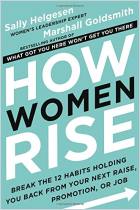


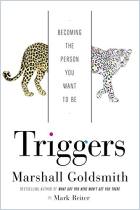
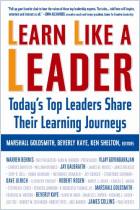
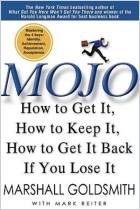
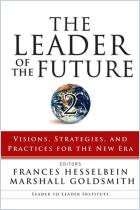
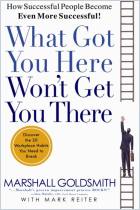
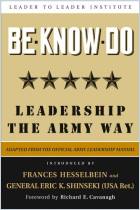
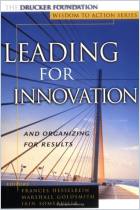
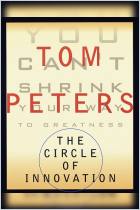
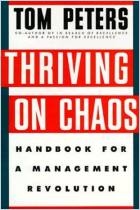
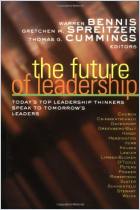

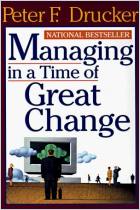





Comment on this summary or Diskussion beginnen